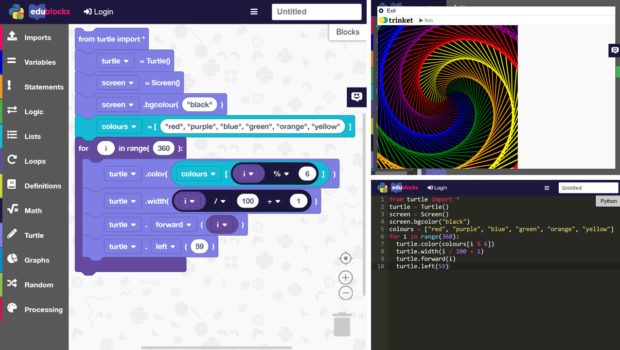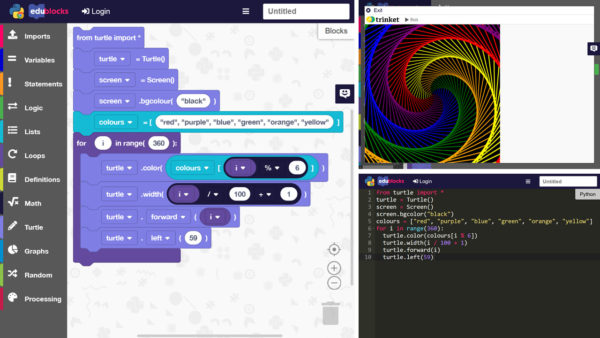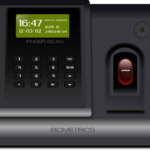Ways to Make Learning How to Code Easier
Technology grows each and every year, and with some industries fearing for their longevity, it’s easy to feel uncertain. Whether your job looks like it will eventually become obsolete or you’re just trying to learn a new skill to help with your career, learning to code is a worthwhile ability that is valued across the board. If you’re at the beginning of your coding journey, here are some ways to make the process easier as you learn.
1. Value Physical and Mental Health
You’re going to be spending a lot of time in front of a screen, which can be taxing on both your body and mind. Make sure you’re taking breaks to rest your eyes regularly, or you may experience eye strain. If you get frustrated, a quick walk or workout can help clear your mind and improve your energy levels. Get enough sleep, and make sure you’re getting enough nutrients at mealtimes. If you’re struggling to eat a well-balanced meal, a supplement can help you fill the gaps. Companies like Thrive offer products with more than one intended benefit, but you can research Thrive reviews to see which products will be right for you.
2. Structure Your Learning
Coding can be a complex skill that involves multiple programming languages, so just diving in with no real plan can be dangerous. One mistake can throw off an entire project, and some individuals become too frustrated to continue learning. If you don’t know where to begin, consider asking an expert, picking up a book or taking a class. There are plenty of classes available online for free, but it’s important to consider how you learn new subjects. Visual learners may not enjoy lessons given in a reference book, and reading learners may not enjoy learning from videos.
3. Start With the Basics
Don’t rush through those beginner lessons. Chances are you’ll need to review them at some point. Coding is tricky in that it can feel very easy until it’s suddenly not, and you may start second guessing the skills you learned before. If you’re not invested in learning a specific programming language, your journey may progress more smoothly if you try the basics of a few different programs and continue learning the ones that feel most natural to you. You can always learn the others later, but your first foray into coding may be a little easier.
4. Try Coding by Hand
Coding by hand will help your brain solidify those skills you learned on the computer. It’s a great way to challenge yourself, and a way to examine code at a deeper level. You aren’t pushing buttons, but writing out every symbol with intention. You can’t run the code to check for mistakes just because you’re unsure about a line. Some companies require their interviewees to code by hand as a test, so it’s a good idea to get used to it now.
5. Get Messy
Once you’re feeling more confident in your skills, try switching up the sample code from your lessons. See what you create and try to fix errors. See if you can put it all back together again. Mastering the lessons may seem like the goal at the start, but tinkering is how you truly understand the programs you’re dealing with.
6. Take a Break
Learning a complex skill takes time, and sometimes your brain just needs a break. Sometimes it takes walking away to realize the mistakes in front of you, and sometimes your brain just needs time away from the screen to riddle out the problem. Even experienced coders run into walls from time to time.
Learning to code can be a very rewarding experience, but it can also be a long journey. Luckily, there are many tools and resources to help you on your way. It’s easy to get overwhelmed, but the right tips and tricks can help you muscle through.


















